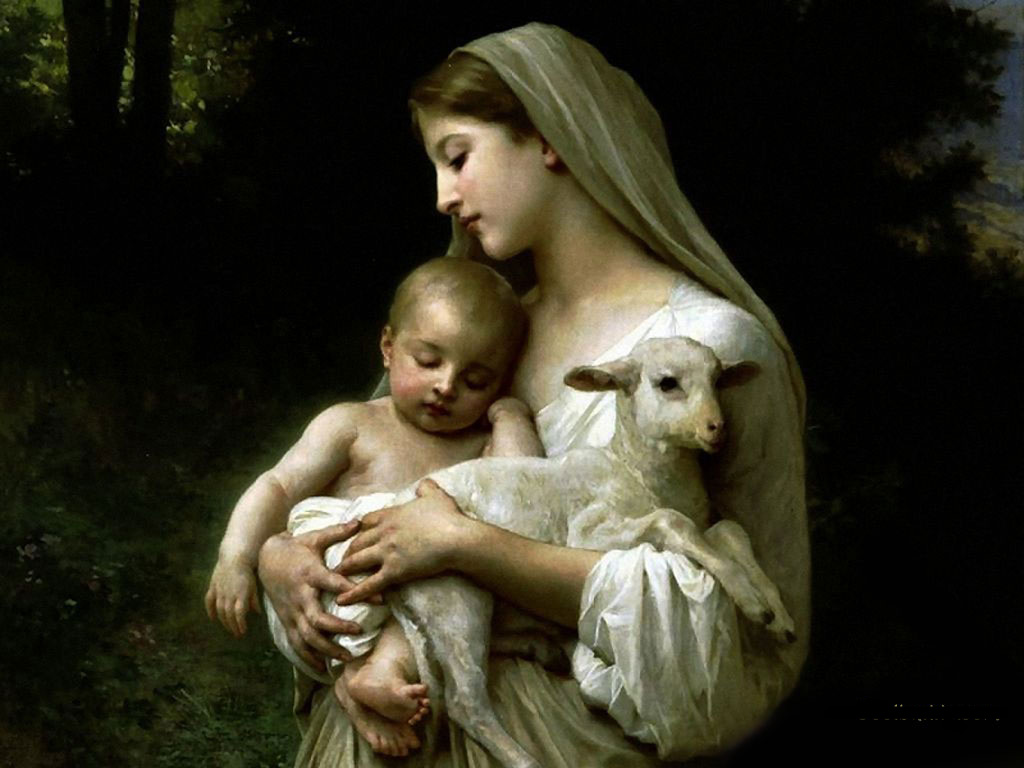- Nov 28, 2003
- 21,557
- 12,106
- 58
- Country
- Australia
- Faith
- Eastern Orthodox
- Marital Status
- Married
Why else would you continue to misrepresent Orthodoxy after being corrected?You are judging me, and its unfortunate.
When it becomes apparent there is an agenda, responding becomes pointless.I've studied articles at sites like the Greek Orthodox Church of America, and have tried to understand Orthodox ecclesiology, including by asking you questions, to which you have sometimes not responded.
Bishops are subject to a council of their brother bishops. You've been told this, yet you continue to post falsehood. Agenda at work. I don't have a clue as to how you conclude the Orthodox Church is not universal.I don't think I'm better than you or the Orthodox. But I do think that the Catholic Church is better than any other belief system. In Orthodoxy, Bishops are understood to be fallible, yet there is no power over a bishop, and the Church is understood as not being universal.
It is built on the rock, which is the confession of Jesus as the Christ, and all who make that confesion are as Peter. We are not at odds with the Church Fathers.Moreover, where the Church fathers said that the Church is built on Peter, the Orthodox Church of America says it is not built on Peter.
Nonsense. What is wrong is Catholic theology which makes Mary the great exception instead of the great example she is in OrthodoxyClearly there is something wrong as to doctrine when the New Eve is understood by the Orthodox to have been under Original Sin and possibly to have sinned herself.
Quite the opposite actually. Instead of elevating her, the doctrine of the Immaculate Conception has diminished her.The beautiful Mariological development in the Catholic Church, in books like the Glories of Mary and True Devotion to Mary--and the doctrine of the Immaculate Conception-- is one proof of the Catholic Church.
Upvote
0





